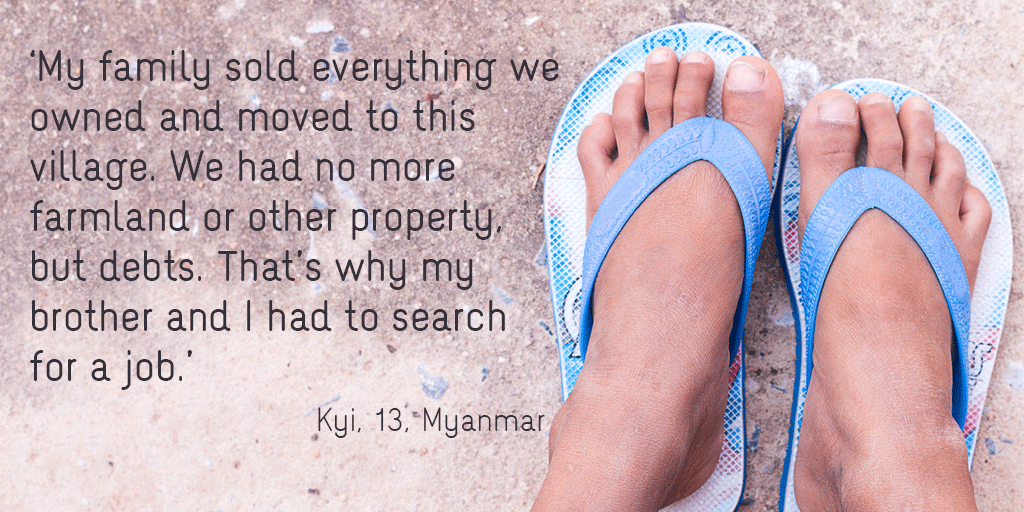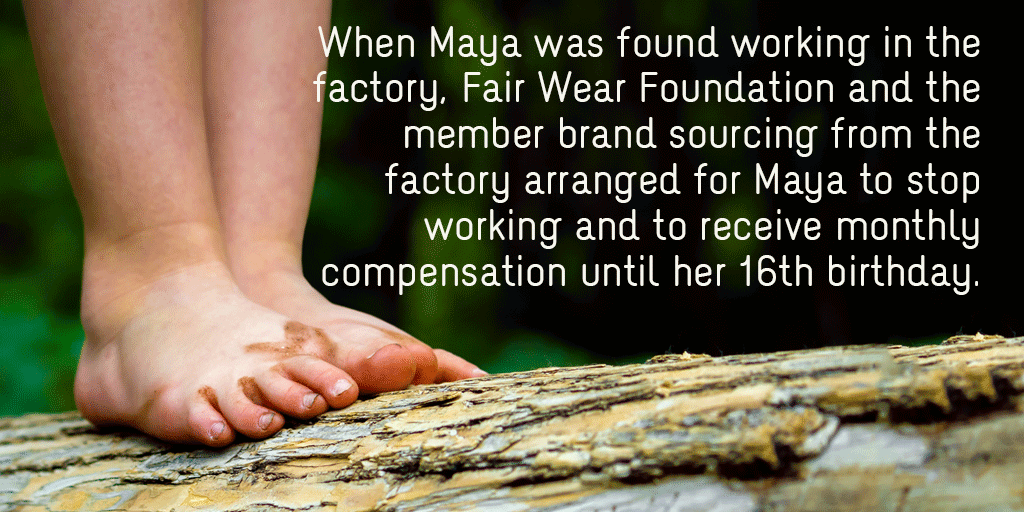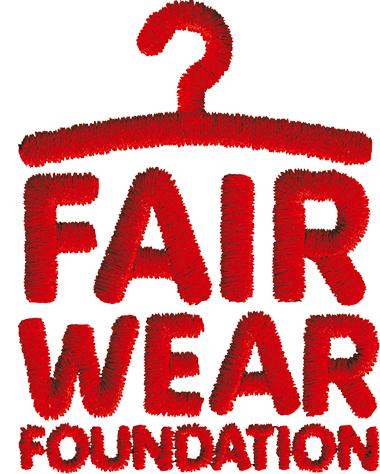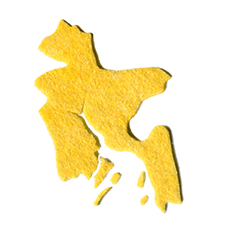On this #WorldDayAgainstChildLabour, we share stories of child workers in garment factories.
Child labour is a global problem. An estimated 218 million children around the world (aged 5-17) work, 70% of whom are considered victims of child labour. Life in a garment factory is difficult, but particularly so for children. Like other garment workers, they face long working days; 60-70 hours per week is standard. The work is physically demanding and also mentally harmful. The following stories are taken from taken from an upcoming FWF report on child labour in Myanmar. Please note that all names have been changed for privacy reasons.
Sadiya: Forced to work after her father’s injury
Poverty is one of the main factors that push children into work. Sadiya started working after her father broke both his arms in a work-related accident. Due to the financial strain on the family, she was forced to quit school, and found a job in a garment factory.
The job was difficult. She explains, ‘In times of high demand, the workers have to work all night’ with a one-hour break for a nap on the concrete floor at dawn, after which they continued to work the whole next day. The family’s financial situation left her feeling that she was unable to miss work, even when she was ill or exhausted.
After Sadiya and other child labourers were discovered, FWF, the member brand, and local NGOs, put a remediation plan in action to offer support, compensation, and the opportunity to return to school or pursue vocational training.

Kyi: Forced to work after her family lost their home
When severe flooding and river bank erosion claimed one family’s property, Kyi reflected on how they were forced to move to a house in a squatter area. ‘My family sold everything we owned, including a flock of ducks that we bred, and moved to [this village]. We had no more farmland or other property, but debts. That’s why my brother and I had to search for a job.’ A few days after the move, Kyi found work at a local garment factory. She was only thirteen.
After FWF representatives met her, with the support of FWF and the member brand sourcing from the factory, she was removed from the factory, given compensation and the opportunity to take a tailoring course at a local training centre. Kyi shared that she hopes to further her skills in the future and set up her own tailoring business after she turns sixteen.

Maya: Working without rest for 10 hours per day
Maya comes from a poor fishing community in Bago Region, Myanmar. She quit school at the age of 12 when her parents could no longer afford to pay her school fees. She then went to work in a factory in Yangon.
Maya says that she initially felt very out of place at the factory and was so afraid that she did not dare speak or look at the other workers. She was assigned to feed shirt buttons into tiny holes in fabric, a task that required her to stand without rest for 10 hours each day. ‘My fingertips became swollen and painful, but I had to work standing constantly without even having a few minutes to sit and rest. My legs are also becoming stiff and painful.’
When FWF found out that Maya was working in the factory, FWF and the member brand sourcing from the factory arranged for her to stop working and for her to receive monthly compensation until her 16th birthday, including a guarantee to rehire her if she should wish to return when she reached the legal age for working.
What happens when child labour is discovered?
When a child labourer is found in a factory, FWF takes the necessary action to investigate, including a home visit to ascertain whether the child wants to go back to school or pursue some form of vocational training. Child labourers are denied their dignity and their childhood, but also their potential to dream. FWF, and its member brands, are committed to protecting the rights of children and addressing child labour in garment factories.
To better understand the experiences of child labourers, FWF will be issuing a report based on the experiences of children identified at garment factories in Myanmar in the coming weeks.
Take a look at our work in Myanmar and our Code of Labour Practices which includes no exploitation of child labour.











 How much more will garment workers in Bangladesh receive?
How much more will garment workers in Bangladesh receive?









